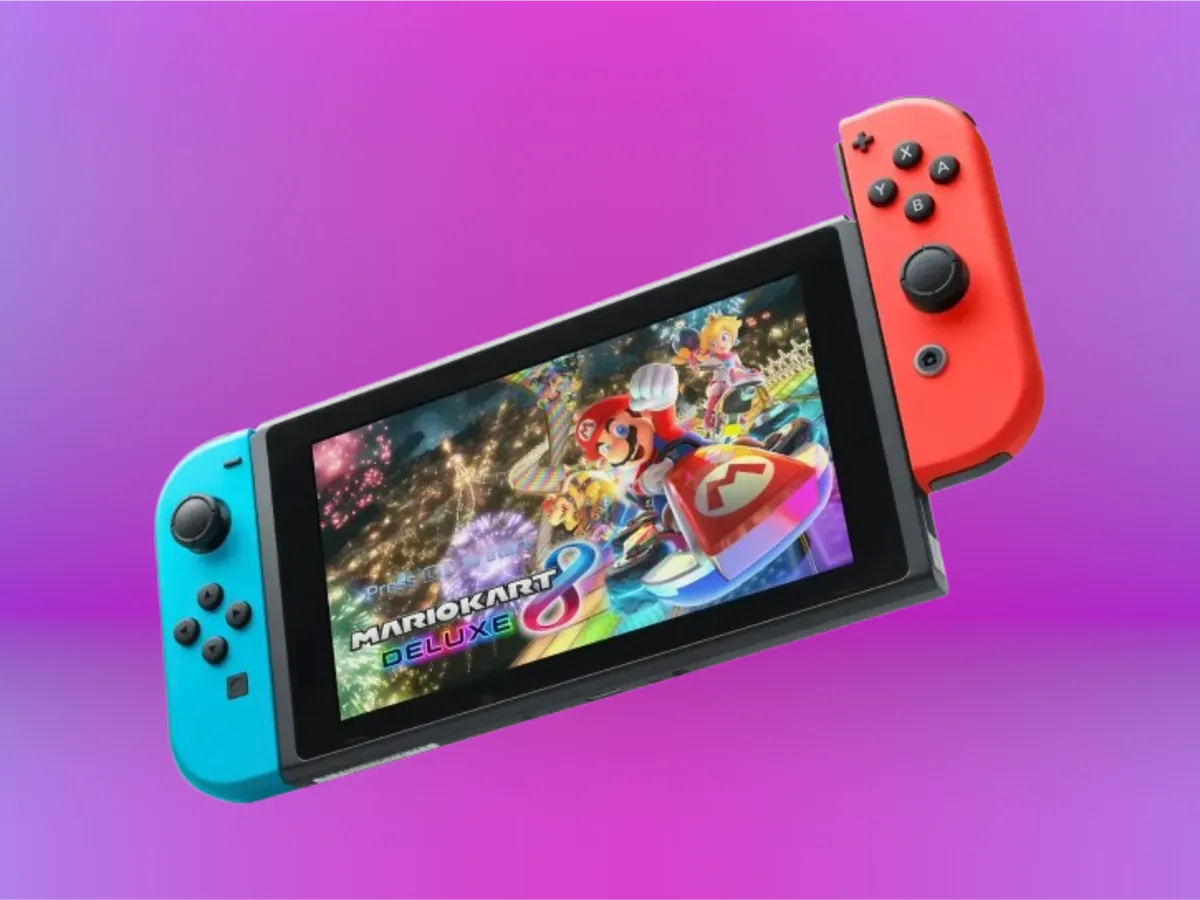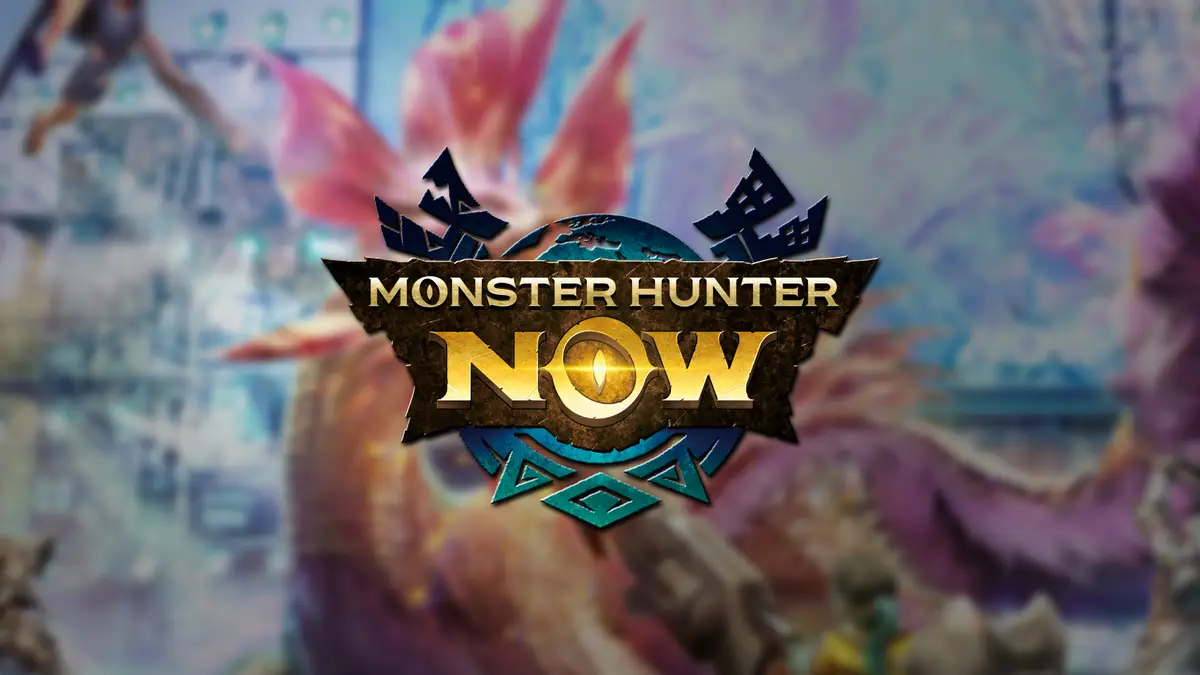Warner Bros. Games has had a tumultuous year. From the financial disappointment of Suicide Squad: Kill the Justice League to the underperformance of MultiVersus, the gaming division has faced challenges. Now, CEO David Zaslav has announced a significant shift in strategy, focusing development efforts on their proven franchises: Batman, Mortal Kombat, and Hogwarts Legacy. This move signals a departure from the studio’s previous approach of releasing a large number of diverse titles, and raises questions about the future of gaming at Warner Bros.
This strategic shift comes in the wake of Zaslav’s comments during a recent earnings call where he admitted the gaming division was “substantially underperforming its potential.” He outlined a plan to streamline development, concentrating on “four strong and profitable game franchises with loyal, global fans: Hogwarts Legacy, Mortal Kombat, Game of Thrones, and DC, in particular, Batman.” This declaration marks a clear prioritization of established IPs with proven track records and dedicated fanbases.
The Big Three: Deep Dive into Warner Bros. Games’ Future
Batman: The Caped Crusader is arguably Warner Bros. Games’ most valuable asset. The Arkham series, developed by Rocksteady Studios, set a new standard for superhero games, delivering compelling narratives, immersive gameplay, and a faithful representation of the Batman mythos. With Rocksteady currently focused on Suicide Squad: Kill the Justice League, it remains to be seen what the future holds for the Arkham series. However, Warner Bros. Montréal’s Gotham Knights, while receiving mixed reviews, demonstrated the potential for exploring new narratives and gameplay mechanics within the Batman universe.
My Take: I’ve always been a huge fan of the Arkham games. Arkham City, in particular, captured the essence of Batman perfectly. The open world, the combat system, the story – it was all phenomenal. I’m eager to see what direction they take the franchise in next, whether it’s a continuation of the Arkham series or something entirely new.
Mortal Kombat: NetherRealm Studios’ Mortal Kombat franchise is a cornerstone of the fighting game genre. Known for its brutal combat, iconic characters, and over-the-top fatalities, Mortal Kombat continues to thrive, with Mortal Kombat 11 being the best-selling installment in the series. The recent announcement of Mortal Kombat 1 suggests that NetherRealm is committed to pushing the boundaries of the franchise, both narratively and mechanically.
My Take: I’ll admit, I’m not the biggest fighting game enthusiast, but even I can appreciate the cultural impact of Mortal Kombat. The series has a unique blend of violence, humor, and lore that has captivated gamers for decades. I’m curious to see how Mortal Kombat 1 reimagines the franchise’s classic characters and storylines.
Hogwarts Legacy: Despite the controversies surrounding J.K. Rowling, Hogwarts Legacy proved to be a massive commercial success. The game’s immersive open world, engaging storyline, and faithful recreation of the wizarding world resonated with fans, demonstrating the enduring appeal of the Harry Potter franchise. While the future of the Hogwarts Legacy series remains uncertain, its initial success suggests that Warner Bros. Games will likely continue to invest in this IP.
My Take: I was pleasantly surprised by Hogwarts Legacy. I wasn’t sure what to expect, but the game exceeded my expectations. Exploring Hogwarts and the surrounding areas was a truly magical experience. I’m hopeful that they’ll continue to expand upon this world in future installments.
The Road Ahead: Challenges and Opportunities
While focusing on established franchises is a sensible strategy, Warner Bros. Games faces several challenges moving forward.
- Live Service Model: The industry trend towards live service games presents both opportunities and risks. While successful live service games can generate significant revenue over time, they require ongoing development and content updates to maintain player engagement. Warner Bros. Games will need to carefully consider how to implement live service elements into their franchises without compromising the core gameplay experience.
- Innovation: While established franchises provide a solid foundation, Warner Bros. Games must also innovate to stay competitive. This means exploring new gameplay mechanics, narrative structures, and technological advancements. Striking a balance between familiarity and innovation will be crucial for the long-term success of these franchises.
- Competition: The gaming landscape is more competitive than ever, with new titles and franchises constantly vying for players’ attention. Warner Bros. Games will need to deliver high-quality experiences that stand out from the crowd to maintain its market share.
Warner Bros. Games’ decision to focus on Batman, Mortal Kombat, and Hogwarts Legacy is a strategic move aimed at maximizing the potential of its most valuable IPs. By leveraging the strengths of these franchises and embracing innovation, Warner Bros. Games has the opportunity to solidify its position as a leading publisher in the gaming industry. However, navigating the challenges of the live service model and maintaining a commitment to quality will be crucial for achieving long-term success.





